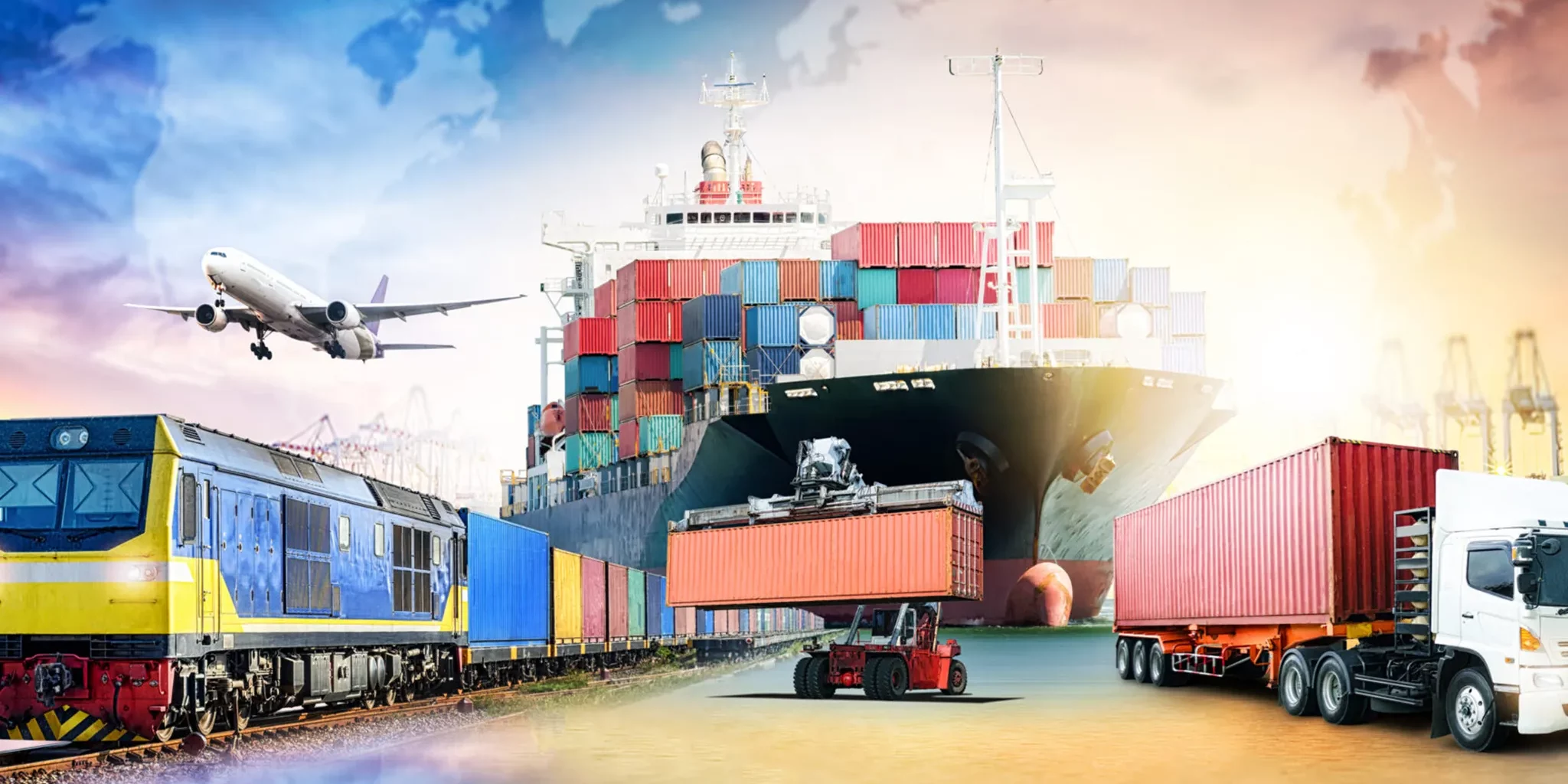Freight forwarding plays a crucial role in the global supply chain, facilitating the movement of goods across borders and ensuring seamless logistics operations. In this comprehensive guide, we will delve into the intricacies of freight forwarding, exploring its key functions, processes, and the vital role it plays in international trade.
- Understanding Freight Forwarding:
Freight forwarding is a specialized service that involves the coordination and management of various activities related to the transportation of goods. It encompasses a wide range of tasks, including documentation, customs clearance, cargo consolidation, and transportation arrangement. By acting as intermediaries between shippers and carriers, freight forwarders ensure the smooth flow of goods from point of origin to the final destination. - Key Functions of Freight Forwarders:
a. Documentation and Customs Compliance:
One of the primary responsibilities of freight forwarders is to handle the extensive documentation required for international shipments. This includes preparing bills of lading, commercial invoices, packing lists, and other necessary paperwork. Additionally, freight forwarders ensure compliance with customs regulations, facilitating smooth customs clearance processes.
b. Cargo Consolidation and Routing:
Freight forwarders often consolidate multiple shipments from different shippers into a single container, optimizing space utilization and reducing costs. They also determine the most efficient routing options, considering factors such as transit time, cost, and mode of transportation.
c. Carrier Selection and Negotiation:
Freight forwarders leverage their industry expertise and networks to select the most suitable carriers for each shipment. They negotiate favorable rates and terms, ensuring competitive pricing and reliable transportation services.
d. Risk Management and Insurance:
Freight forwarders assist in mitigating risks associated with international shipping by providing cargo insurance options. They assess the value and nature of the goods, recommending appropriate insurance coverage to protect against potential losses or damages during transit.
- Freight Forwarding Process:
a. Booking and Documentation:
The process begins with the shipper providing necessary shipment details to the freight forwarder. The forwarder then books the cargo with the selected carrier and prepares the required documentation, including the bill of lading and commercial invoice.
b. Customs Clearance:
Freight forwarders handle customs clearance procedures, ensuring compliance with import/export regulations. They submit the necessary documents to customs authorities, pay applicable duties and taxes, and facilitate inspections, if required.
c. Transportation and Tracking:
Once customs clearance is obtained, the freight forwarder arranges for the transportation of the goods. They coordinate with carriers, monitor the shipment’s progress, and provide real-time tracking updates to the shipper.
d. Delivery and Post-Delivery Services:
Upon arrival at the destination, the freight forwarder arranges for the final delivery of the goods to the consignee. They handle any necessary documentation for import clearance and assist with post-delivery services, such as warehousing, distribution, and returns management.
- Benefits of Using Freight Forwarders:
a. Expertise and Industry Knowledge:
Freight forwarders possess in-depth knowledge of international trade regulations, customs procedures, and transportation logistics. Their expertise ensures compliance, minimizes risks, and optimizes supply chain efficiency.
b. Time and Cost Savings:
By leveraging their networks and negotiating power, freight forwarders secure competitive rates and optimize transportation routes, resulting in cost savings for shippers. They also handle time-consuming tasks, such as documentation and customs procedures, allowing businesses to focus on core operations.
c. Global Reach and Network:
Freight forwarders have extensive networks of carriers, agents, and customs brokers worldwide. This global reach enables them to provide seamless door-to-door services, even for complex international shipments.
Conclusion:
Freight forwarding is a complex and vital component of the global logistics industry. By understanding how it works and the value it brings to international trade, businesses can make informed decisions and leverage the expertise of freight forwarders to streamline their supply chain operations. Whether it’s navigating customs regulations, optimizing transportation routes, or managing documentation, freight forwarders play a pivotal role in ensuring the smooth flow of goods across borders.

